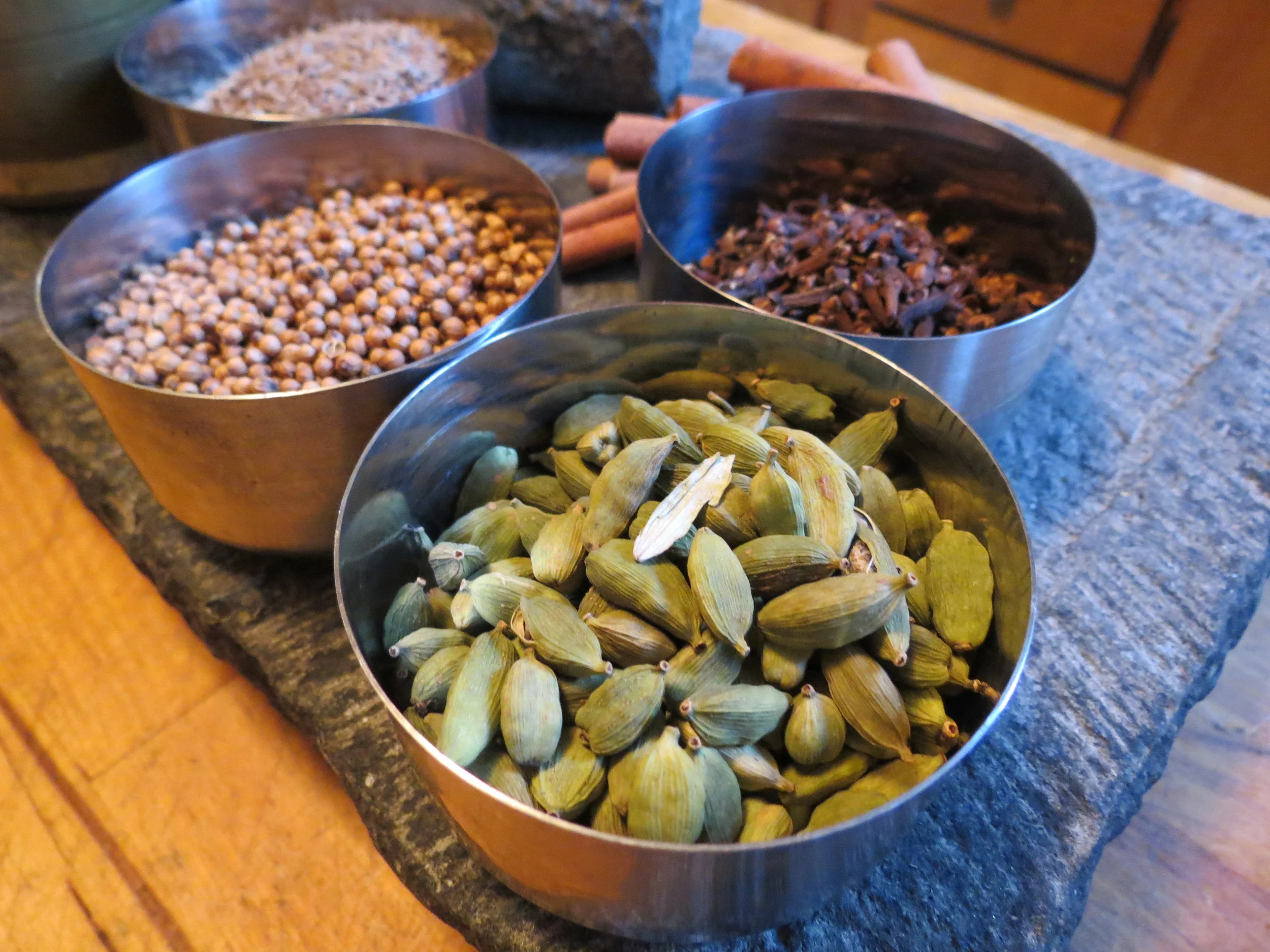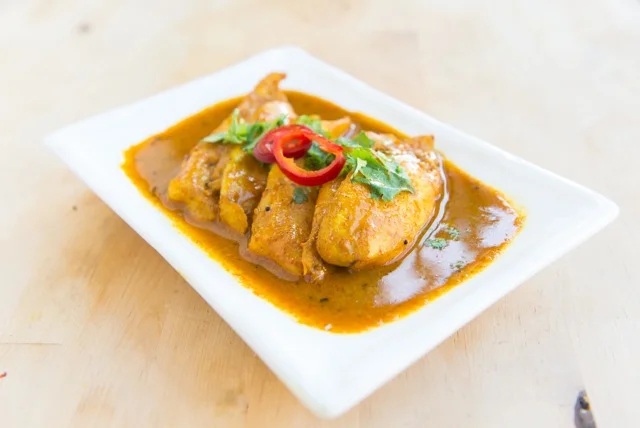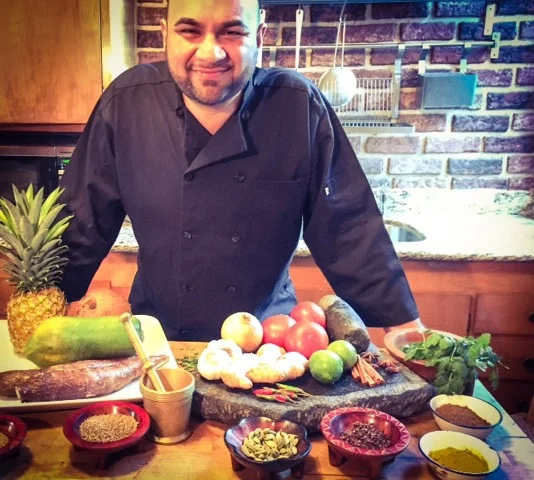




Indian Fijian Catering & EVENTS
San Francisco’s premier 5-Star Indian Fijian Caterer
bula [boo-lah] is a Fijian word that has a variety of meanings and uses. Its literal meaning is "life," and when used as a greeting it implies wishes for continued good health.
Curryous Catering's ultimate goal is to create a feeling of bula for you and every guest at your event!
Indian Fijian Catering & EVENTS
San Francisco’s premier 5-Star Indian Fijian Caterer
bula [boo-lah] is a Fijian word that has a variety of meanings and uses. Its literal meaning is "life," and when used as a greeting it implies wishes for continued good health.
Curryous Catering's ultimate goal is to create a feeling of bula for you and every guest at your event!
Nimboo Chicken Kebabs with Tamarind & Mint Chutney
The Food
Curryous Catering is a San Francisco-based, full-service catering company specializing in exotic Fijian-Indian Cuisine.
Curryous Catering is modern food with traditional values. Our menu features unique masalas (spice blends), which Chef James grinds fresh weekly. When planning your event, Chef James will work with you to determine your heat and spice preferences. He will then customize special spice blends for each dish, tailored specifically to your tastes.
Chef James works with local purveyors and farmers markets, where he sources fresh, local, and sustainable seasonal ingredients, ensuring the highest quality food from the Curryous kitchen.
Vegan, vegetarian, organic, and gluten-free options are available.
Kebab Masala
Pickled Cabbage Salad
Jackfruit Masala

The Chef
The Chef
Chef James Chand
Founder and Executive chef
Chef James Chand is the founder and executive chef of Curryous Catering, the premiere Fijian-Indian catering company in San Francisco, California.
From the time Chef James was a very young child, he has had a deep love of food—specifically the flavors of Indian Fiji. His family members from the Fiji Islands were all excellent cooks and kept him nearby in the kitchen from a very young age. By the time he could hold a spoon, he was helping cook for family events.
One day, on a whim, a friend asked James to cater a birthday party. He obliged, and the food he cooked—all traditional Fijian-Indian dishes—was a huge hit. Soon, more friends (and friends of friends) began asking James to cater their affairs, and it became clear that he had found his true calling. He left his job in corporate sales, and founded a catering company.
Today, Chef James is present and closely involved in every step of Curryous' events, from the tasting and planning, to the ingredients and preparation, to the final execution of the event, which he personally supervises.
Chicken Masala
Baby Bok Choy
Blackeyed Peas & Potato Curry

The name
The name
Says Chef James, “Once I knew it was time to get serious, I knew I needed to come up with a name.” Chef James had invited another friend over for dinner. “He bit into a samosa and asked me what spices were in it. I asked him to guess and he responded ‘I’m not sure but the flavors are so curious.’ I immediately knew at that point that I needed to name the business Curryous.”

The cuisine
The cuisine
Indian-Fijian cuisine is the food of a culture whose ancestors came from India and various parts of South Asia and South-East Asia to the island of Fiji.
They are mostly descended from indentured laborers, brought to the islands by Fiji's British colonial rulers between 1879 and 1916 to work on Fiji's sugar cane plantations. Some also were Gujarti or Punjabi immigrants, who arrived as free settlers.
When the flavors of traditional Indian cooking met with the ingredients that grew naturally on Fiji, a brand new cuisine began to take shape.
The many spices required to make the traditional masalas (spice mixtures) of Indian cooking were not always available, so different, often more subtle, masalas developed on the island. The local produce of Fiji (jackfruit, taro root, cassava, coconut cream) was incorporated into well-known Indian dishes, resulting in dishes that were both complex and light.




